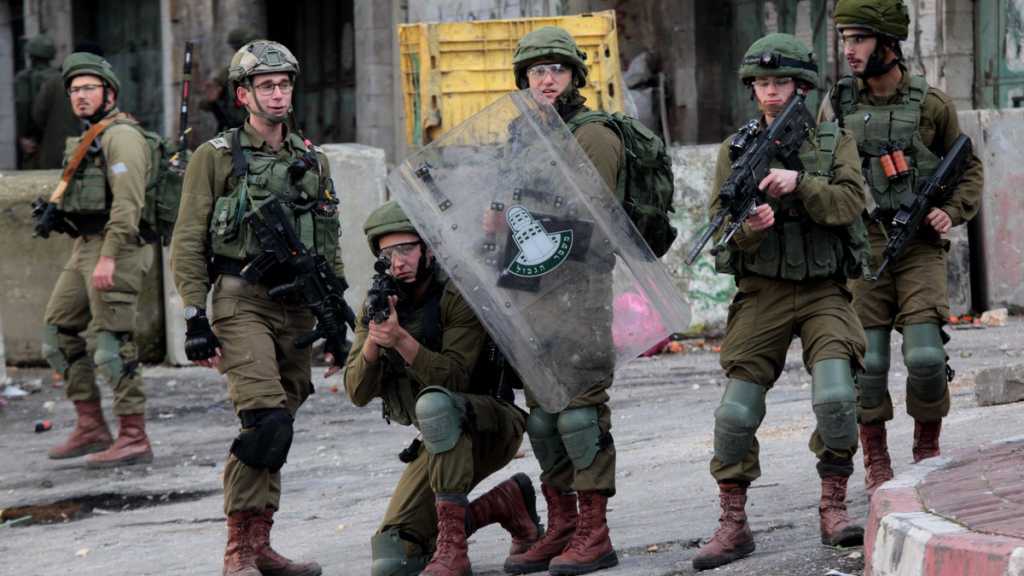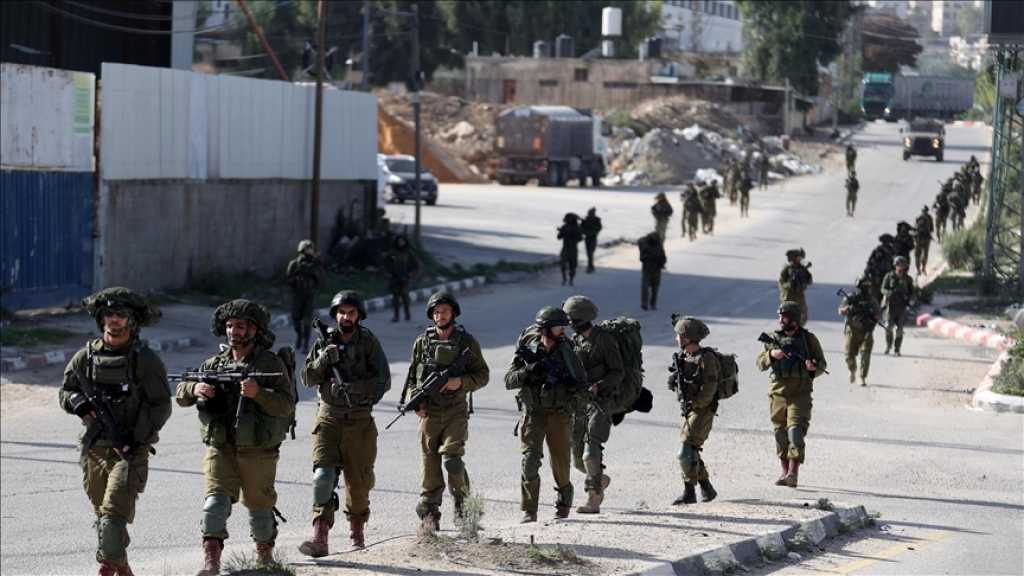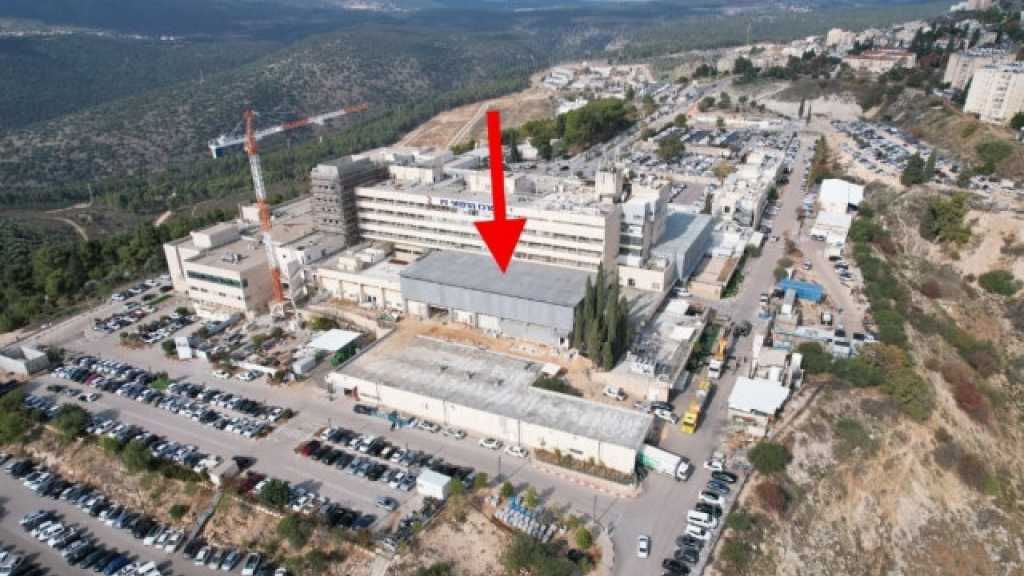
Ex-Mossad, IOF Top Brass Still at Odds over Decision to Disengage from Gaza

By Staff, Sputnik
In 2005, former “Israeli” PM Sharon's decision to pull out from Gaza divided the “Israeli” public and experts. While those in favor of the plan claimed the initiative would scale back the entity’s military spending and improve its security, those who opposed it alleged the situation would only get worse.
It was an event that split an already divided “Israeli” society.
On 15 August 2005, the “Israeli” Occupation Forces [IOF] started to evacuate 22 “Israeli” settlements dispersed across the Gaza Strip as part of then-Prime Minister Ariel Sharon's disengagement plan aimed at improving the entity’s security.
At the time many supported the plan. According to a poll conducted just days before the historic move, 55 percent of “Israelis” said they backed the step, while 38 percent rejected the idea.
Danny Rothschild, a retired IOF general who coordinated the army's operations in the occupied West Bank and besieged Gaza in the 1990s, was one of those who supported the aforementioned initiative, saying it was "one of the best decisions ‘Israel’ has ever made".
But he was not the only one who thought that way. A year before the pull-out kicked off and while Sharon was still on the fence about it, Rothschild as well as a number of other prominent security men from the IOF, Mossad, and the “Israeli” entity’s internal security agency, Shin Bet, dispatched a letter to the prime minister, sending a clear message that disengagement from Gaza was a step in the right direction.
For them the logic was clear. The entity maintained a presence of two military divisions of up to 20,000 soldiers each in the Gaza Strip. Their sole responsibility was to protect “Israeli” settlers in the enclave, whose number stood at less than 9,000 - only 0.2 percent of the area's total population.
But it wasn't just a "waste of resources". For Rothschild and many other signatories to that letter from 2004, the settlements in the Gaza Strip presented a serious security threat.
"Staying in Gaza would entail vast military resources but we also suffered losses and we would continue to lose people, had we stayed there".
With the eruption of the First Intifada in 1987, the settlements in the besieged Gaza Strip were easy prey for Palestinian revolutionaries, who waged multiple operations against the entity.
It was these settlers, who faced the mortar shells that emanated from Gaza and who suffered from shooting operations and infiltrations of Palestinian revolutionariess into their settlements.
The same scenario was also observed during the Second Intifada in the early 2000s and which prompted Rothschild to believe that leaving the area would put an end to this saga. Reality, however, showed that it had other plans.
Ephraim Halevy, former head of Mossad, the entity’s iconic spy agency, and a man, who headed Sharon's National Security Council a year prior to the disengagement, tried to convince the “Israel” PM that the move was one of the entity’s "biggest mistakes".
"I objected to that decision for a number of reasons. First, it was based on an agreement between Israel and the US... To go through Washington was a conceptual mistake. Second, it was carried out without the involvement of the Arab world, and lastly it presupposed that we were giving something for nothing...and that could be interpreted by the other side as a sign of weakness", Halevy says.
The problem was that Sharon wouldn't listen and Washington, says Halevy, was the first to smell a weakened “Israel”. A year after the pull-out, the White House put pressure on the entity convincing it to let Palestinians hold their second legislative elections in the West Bank, East al-Quds [Jerusalem], and the Gaza Strip.
Despite expectations, Hamas, an Islamic resistance group, won that vote cementing its position in the area. A year later it established full control over the Gaza Strip, ousting Fatah officials from there.
From that point on, the entity’s security problems have only gone increased, Halevy believes.
Since 2001, when the first rockets were fired into the entity, and until the disengagement, the nation registered 2,500 incidents of rocket fire into its Gaza Strip settlements.
After the pull-out this number skyrocketed. By 2016, the number of launches stood at more than 11,000, but Rothschild views these figures as something inevitable, a scenario that would have happened regardless of the entity’s disengagement plan.
"When I was coordinating ‘Israel's’ activities in Gaza in the 90s, Hamas was already there. At that stage, they already controlled the Strip and were rooted in Palestinian society", Rothschild explains.
Yet, in the 1990s, Hamas didn't have the military capabilities it obtained after the “Israeli” entity removed its watchful eyes from their activities.
According to Shin Bet, by 2008 Hamas had already established itself as a semi-political entity with a strong military organization, civilian security apparatus, detailed intelligence, and routine training.
It also expanded the construction of its tunnels and even "upgraded" some of them using them for operations and kidnapping purposes.
The “Israeli’ entity had no other choice but to react to those challenges. Over the years, it boosted its investment in the military, developed the Iron Dome system designed to track and destroy Gazan rockets, and started the construction of a sophisticated underground concrete wall aimed at preventing infiltrations into its territory.
"It is a fallacy that we have left Gaza. We never did, we still control the maritime border, the airspace, the entries and the departures from the Strip. But we also continue to lose people, military equipment and we continue to fight Hamas", Rothschild says, alluding to the three major operations the entity has waged against Hamas since the pull-out from Gaza [in 2008, 2012, and 2014].
"Hamas hasn't disappeared. It is still there and looking back at that decision, I am sure Sharon would have regretted it. But of course it is highly speculative".



